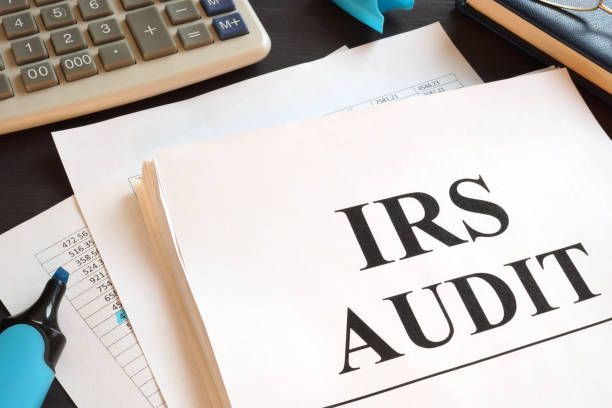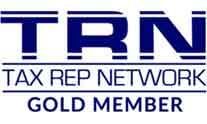Lying About Crypto on Your Taxes Is a Huge Mistake
Lying About Crypto on Your Taxes Is a Huge Mistake
Many taxpayers assume cryptocurrency is hard for the IRS to track. That assumption is flat-out wrong. The IRS has been aggressively gathering information on crypto users for years. If you lie about your holdings on
Form 1040
(your tax return) or
Form 433 (used when negotiating tax debts), you’re putting yourself in a
very weak position when dealing with the IRS.
The IRS Likely Already Knows About Your Crypto
Since 2016, the IRS has tracked crypto transactions using blockchain analytics firms. It has also issued John Doe summonses to major exchanges like Coinbase, Kraken, and Binance, forcing them to turn over user data. If you’ve ever bought, sold, or traded crypto on a major platform, there's a good chance the IRS already has records of your activity.
That means the IRS can easily cross-check its database and uncover the truth if you check
"No" on the crypto question on
Form 1040 or leave out crypto assets on
Form 433. Once they catch you in a lie, your
credibility is gone.
The Consequences: Civil and Criminal Penalties
Lying on a tax return is a federal offense. If the IRS determines you willfully misrepresented your crypto activity, you could face:
- Civil penalties – Up to
75% of unpaid tax for fraud.
- Accuracy-related penalties –
20% penalty for underreporting taxable income.
- Criminal prosecution – Filing a false tax return (26 U.S. Code § 7206) can result in
three years in prison and fines up to $250,000.
Lying on Form 433 Can Destroy Your Negotiating Power
If you owe back taxes and are applying for an
Installment Agreement (IA), Offer in Compromise (OIC), or Currently Not Collectible (CNC) status, you must disclose your
financial situation on
Form 433 (A, B, or F).
Leaving out crypto holdings may seem like a way to look less able to pay, but if the IRS finds out you hid assets, they can:
- Reject your payment plan or settlement offer.
- Demand immediate full payment of your tax debt.
- Refer your case for criminal investigation.
Once the IRS knows you lied, your
leverage is gone. Instead of negotiating in good faith, you’ll be
threatened by fraud charges. At that point, the IRS isn’t just looking to settle—they may be looking to
punish.
"My Preparer Didn’t Ask" Is a Weak Excuse
Some taxpayers think they can blame their
tax preparer if they get caught hiding crypto.
Wrong. The IRS holds
you responsible for what’s on your return—not your preparer.
Since the crypto question is
front and center on Form 1040, the IRS won’t accept "I didn’t realize I had to report it" as an excuse. The same goes for Form 433—if you leave out crypto, the IRS will
assume it was intentional, and that’s when things get serious.
The Smart Move: Full Disclosure
If you have crypto holdings:
- Report them accurately on 1040 and Form 433. The IRS likely already has your data.
- Keep detailed records of all transactions—buys, sells, transfers, and staking rewards.
- If you failed to report crypto in past years, consider amending your returns before the IRS contacts you.
Final Thoughts: Don’t Gamble With the IRS
Lying about crypto isn’t just a bad idea—it’s a disaster waiting to happen. The IRS is more sophisticated than ever and likely already knows about your holdings. If you lie, you risk massive penalties, criminal charges, and losing all credibility when negotiating tax relief.
And if you think blaming your tax preparer will save you, think again. You are responsible for your tax return.
When it comes to cryptocurrency, lying to the IRS isn’t just risky—it’s a losing game. Once they catch you, penalties, criminal charges, and lost negotiating power could be just the beginning.






